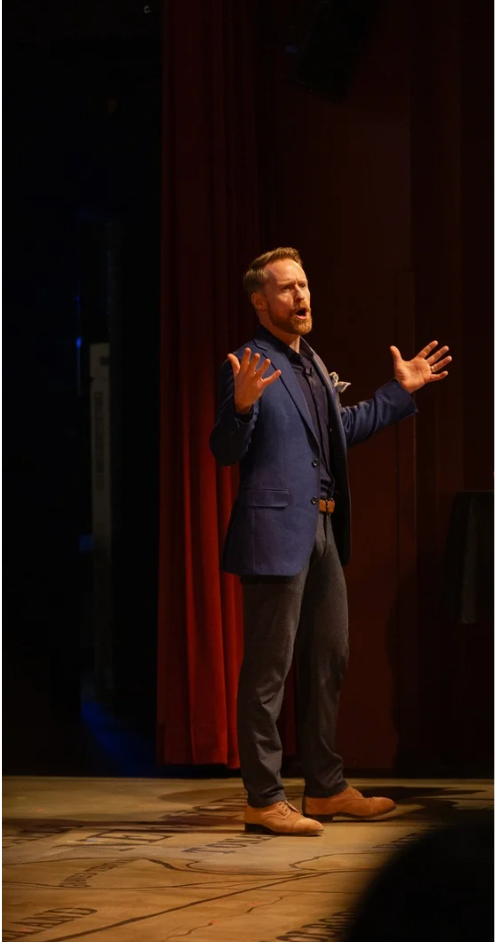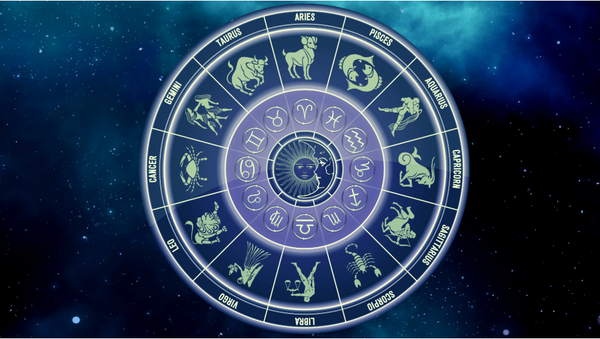OPINION: Kurt Vonnegut’s Mother Night and the Social Amoeba: When the Veneer Cracks
By Rebecca Liu ’25, Head Editor-in-Chief; Edited by Kat Willson, Editor-in-Chief

Certain facts stick in your mind without intention to leave, ranging from mundane and peculiar to deeply sentimental. I have many such thoughts stuck in my mind. Very rarely do they come together into a unified or coherent idea. However, as I approach the end of my Tiger Times career and my time as a high schooler, I have stumbled into a revelation. The reflective attitude needed when approaching graduation converged with the random luck of uncovering a critical piece of knowledge, linking my typically jumbled thoughts into a moral. And as Kurt Vonnegut Jr. says in his novel Mother Night (1961), “I don’t think it’s a marvellous moral, I simply happen to know what it is.”
To begin, Mother Night follows Howard W. Campbell Jr., an undercover agent during WW2 who posed as a Nazi radio propagandist. His inflammatory, anti-semitic rhetoric secretly transmitted messages to the US. At the war’s end, the people who knew he was a spy do not reveal his hidden mission, and Campbell is forced to go into hiding. Eventually captured and sent to stand trial in Israel as a Nazi, the book acts as Campbell’s memoir as he awaits his sentence. The book is fantastically sharp, funny, and dark. Now, the more famous line that follows the quotation I used above reveals the book’s message: “We are what we pretend to be, so we must be careful about what we pretend to be.” Despite its cliché from being repeatedly posted on GoodReads until it feels a bit trite and meaningless, I have found this quote and much of Mother Night stuck in my mind and endlessly applied in my life.
While I find Vonnegut’s famed message on the follies of positive intentions without accompanying action extremely compelling, over time, I find the isolated quote sometimes lacking. For me, the question arises: why are we so keen to pretend? Once again, digging into Mother Night, I find a different passage particularly revealing. Nearing the novel’s end, Campbell comes to terms with the hateful beliefs he encouraged in Germany despite his good intentions. The depressive, nihilistic mood permeating the entire novel reaches its peak as he sits in his jail cell awaiting trial, writing:
“I had hoped, as a broadcaster, to be merely ludicrous, but this is a hard world to be ludicrous in, with so many human beings so reluctant to laugh, so incapable of thought, so eager to believe and snarl and hate. So many people wanted to believe me. Say what you will about the sweet miracle of unquestioning faith, I consider a capacity for it terrifying and absolutely vile.”
The passage despairs: it is not just that we become what we pretend, but we are also conditioned to believe humanity is inherently filled with animalistic hate and brutality. And when we think all humans are born with natural cruelty that lurks, hiding until allowed to rear its ugly head, perhaps we are more inclined to pretend to be cruel. Is that the end of my revelation? That we think we are brutish and will therefore pretend to be, creating a self-fulfilling prophecy of hate? No, what a dreadful moral! I certainly cannot deny that I have struggled with my own cynicism, and at times, felt comforted by pessimism. At least it could explain my discontent. But when I read Vonnegut, I remember him as both a cynic and a humanist. And as I contemplated what my ultimate takeaway from Mother Night should be, I was handed another nugget of information.
I was listening to NPR’s Throughline, a podcast that details the necessary historical context behind the news. Specifically, I listened to the episode “When Things Fall Apart.” The episode discussed ‘Veneer Theory,’ what Dutch primatologist Frans de Waal describes as “a cultural overlay, a thin veneer hiding an otherwise selfish and brutish nature.” It is a definitive answer to the age-old question of “are humans naturally good or evil?” using examples of the Stanford Prison Experiment and violence, pushing a miserable view of humanity that requires civilization as a collective leash to maintain order. The idea can be traced back to Thomas Hobbes, who believed “a strong government was necessary to keep us from killing each other, from devolving into a state of mutual destruction.” But de Waal coined Veneer Theory to criticize Hobbesian morality, arguing that this type of belief is the cause of the chaos it seeks to correct. He argues that Hobbes’ belief in ‘civilization’ to correct ‘inherent brutality’ inspired years of colonization and Phillip Zimbardo’s eventual Stanford Prison Experiment. When viewed with a critical lens, Zimbardo’s experiment has not withstood methodological criticisms, with a lack of scientific blinding to minimize bias or replicable results by other academics. So, why do we still cling to the fascinating idea that some pacifists might be pushed to commit horrible violence in the right context? I think Vonnegut already answered this above: “So many people wanted to believe me.”
As I was writing this article, I was reminded of a reading I did for my biology class. Kognity briefly mentions a type of social amoeba called Dictyostelium discoideum. Why my mind chose to remember this minor anecdote is beyond me, but I never forget the mechanism it described:
“One example of intraspecific cooperation can be observed in the social amoeba Dictyostelium discoideum. When faced with starvation, individual amoebas aggregate to form a multicellular structure consisting of spores on top of a stalk. Scientists consider the development of the stalk as an altruistic behaviour, as the cells comprising it sacrifice themselves to aid in spore dispersal.”
Simple, unicellular organisms have a mechanism for altruism. So do we, but we pretend we do not, and suddenly, we are right back at Vonnegut’s quote about being “careful about what we pretend to be.” Indeed, when examining humanity, behind the many news sources clamouring to report on ‘mass looting and violence’ following a natural disaster are the unreported stories of neighbours, communities, and strangers banding together like those social amoebas to survive.
I used to find Rousseau and his idealistic views of humanity naïve, choosing to defer to Hobbes. But as these random facts have spent time swirling in my mind, I have found a very different premise more appealing. Like a mass, psychological placebo effect, when we believe the worst in ourselves, we preemptively pretend to be the worst, before becoming exactly what we pretend to be. You may think I am naïve (to be fair, I just turned 17, I probably am), but I think the implications of this mentality are endlessly significant. In Timothy Snyder’s book On Tyranny: Twenty Lessons from the Twentieth Century (2017), the very first lesson is “Do not obey in advance… A citizen who adapts in this way is teaching power what it can do.” Therefore, in this last article I will ever write for Ridley, I implore you to consider a softer view of humanity. If not, we may pretend to conceal our kindness until we lose it.
Head Editor’s Note!
Thank you for reading this article and the other articles I have written. I hope you have walked away from them with just a bit more insight, contemplation, or, at the very least, entertainment. As a final note, I know I’ve mentioned quite a few media pieces in this and my other articles… If you only read one thing I’ve ever recommended, I would suggest Mother Night—easily my favourite Vonnegut, and one of my top books of all time.



